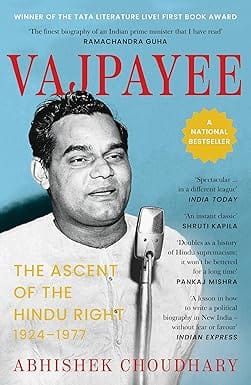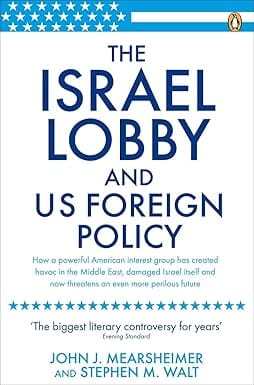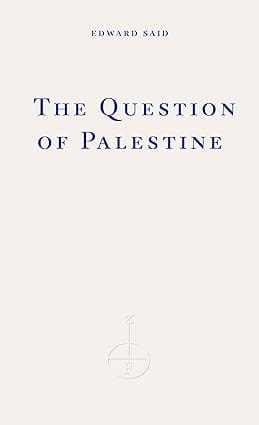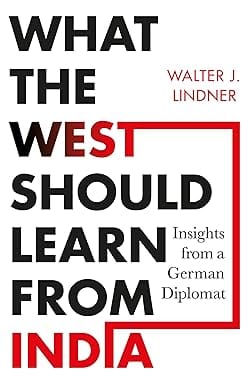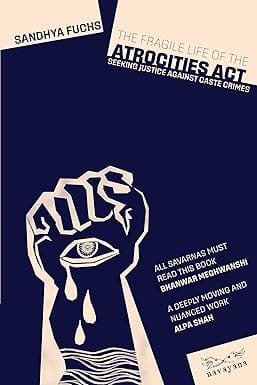WELCOME TO MIDLAND BOOK SHOP!
SHOP FOR
- Contemporary Fiction
- Contemporary Fiction
- Children
- Children
- Comics & Graphic Novels
- Comics & Graphic Novels
- Non-Fiction
- Non-Fiction
- Fiction
- Fiction
Shop No.20, Aurobindo Palace Market, Hauz Khas, Near Church +91 9818282497 | 011 26867121 110016 New Delhi IN
Midland The Book Shop ™
Shop No.20, Aurobindo Palace Market, Hauz Khas, Near Church +91 9818282497 | 011 26867121 New Delhi, IN
+919871604786 https://www.midlandbookshop.com/s/607fe93d7eafcac1f2c73ea4/677cda367903fd013d69b606/without-tag-line-480x480.png" [email protected]9789361132094 674712244ae486002bc9f631 Vajpayee The Ascent Of The Hindu Right, 1924�1977 https://www.midlandbookshop.com/s/607fe93d7eafcac1f2c73ea4/674712264ae486002bc9f639/81nm82cvntl-_sy385_.jpg 9789361132094
"Winner of the 2023 Tata Literature Live! First Book Award Shortlisted for the 2023 Atta Galatta Bangalore Literature Festival Book Prize ‘The finest biography of an Indian prime minister that I have read’ – Ramachandra Guha, author of India After Gandhi: A History ‘A real achievement, an instant classic and a total triumph’ – Shruti Kapila, Professor of History and Politics, University of Cambridge and author of Violent Fraternity: Indian Political Thought in the Global Age ‘Doubles as a history of Hindu supremacism; it won’t be bettered for a long time’ – Pankaj Mishra, author of Age of Anger: A History of the Present ‘Extraordinary and unputdownable. This is biography done right’ – Sonia Faleiro, author of The Good Girls: An Ordinary Killing A man of unusual gifts and dangerously consequential flaws, Atal Behari Lal Vajpaye was the Hindu Right’s most glamorized and enigmatic face until now. Drawing on a natural talent to pull in the crowds with his eloquence, he elevated his physically frail and academically mediocre self to become a powerful spokesperson of historical victimhood. In this singularly gripping account, Abhishek Choudhary sets out to prove that Vajpayee was far more critical to the project of Hinduizing India than is commonly understood. He uncovers how Vajpayee’s early life, of which we know shockingly little, lies at the heart of his political character: essentially conservative yet curious and conciliatory, detached yet quietly ambitious. Weaving previously unseen documents with revealing interviews, Choudhary layers this definitive biography with details of Vajpayee’s underground activities in the wake of Gandhi’s assassination; his early obsession with foreign policy; the shock from the premature deaths of his parents; his tortuous private life and maudlin poetry; his key role in the SVD coalition experiment; his defence of the Sangh Parivar inside the parliament and his averments and deferments outside. In so doing, this extraordinary debut revises several lazy myths and false binaries that have come to dominate Indian political discourse. The sympathy of Congress conservatives and Hindi intelligentsia for the RSS, Patel’s own extended ambiguity, Nehru’s innate conviction that East Pakistan would merge back with India, Indira Gandhi’s fleet-footed
in stockINR 479
1 1
Email ID already exists!
Your Current password is incorrect
Password Updated Successfully
Thanks for your Feedback
Vajpayee The Ascent Of The Hindu Right, 1924�1977
ISBN: 9789361132094
₹479
₹599 (20% OFF)SIZE GUIDE
Sold By: Hauz Khas - Aurobindo Market
Details
- ISBN: 9789361132094
- Author: Abhishek Choudhary
- Publisher: Picador
- Pages: 448
- Format: Paperback
Book Description
"Winner of the 2023 Tata Literature Live! First Book Award Shortlisted for the 2023 Atta Galatta Bangalore Literature Festival Book Prize ‘The finest biography of an Indian prime minister that I have read’ – Ramachandra Guha, author of India After Gandhi: A History ‘A real achievement, an instant classic and a total triumph’ – Shruti Kapila, Professor of History and Politics, University of Cambridge and author of Violent Fraternity: Indian Political Thought in the Global Age ‘Doubles as a history of Hindu supremacism; it won’t be bettered for a long time’ – Pankaj Mishra, author of Age of Anger: A History of the Present ‘Extraordinary and unputdownable. This is biography done right’ – Sonia Faleiro, author of The Good Girls: An Ordinary Killing A man of unusual gifts and dangerously consequential flaws, Atal Behari Lal Vajpaye was the Hindu Right’s most glamorized and enigmatic face until now. Drawing on a natural talent to pull in the crowds with his eloquence, he elevated his physically frail and academically mediocre self to become a powerful spokesperson of historical victimhood. In this singularly gripping account, Abhishek Choudhary sets out to prove that Vajpayee was far more critical to the project of Hinduizing India than is commonly understood. He uncovers how Vajpayee’s early life, of which we know shockingly little, lies at the heart of his political character: essentially conservative yet curious and conciliatory, detached yet quietly ambitious. Weaving previously unseen documents with revealing interviews, Choudhary layers this definitive biography with details of Vajpayee’s underground activities in the wake of Gandhi’s assassination; his early obsession with foreign policy; the shock from the premature deaths of his parents; his tortuous private life and maudlin poetry; his key role in the SVD coalition experiment; his defence of the Sangh Parivar inside the parliament and his averments and deferments outside. In so doing, this extraordinary debut revises several lazy myths and false binaries that have come to dominate Indian political discourse. The sympathy of Congress conservatives and Hindi intelligentsia for the RSS, Patel’s own extended ambiguity, Nehru’s innate conviction that East Pakistan would merge back with India, Indira Gandhi’s fleet-footed
User reviews
NEWSLETTER
Subscribe to get Email Updates!
Thanks for subscribing.
Your response has been recorded.

India's Iconic & Independent Book Store offering a vast selection of books across a variety of genres Since 1978.
"We Believe In The Power of Books" Our mission is to make books accessible to everyone, and to cultivate a culture of reading and learning. We strive to provide a wide range of books, from classic literature, sci-fi and fantasy, to graphic novels, biographies and self-help books, so that everyone can find something to read.
Whether you’re looking for your next great read, a gift for someone special, or just browsing, Midland is here to make your book-buying experience easy and enjoyable.
We are shipping pan India and across the world.
For Bulk Order / Corporate Gifting
 +91 9818282497 |
+91 9818282497 |  [email protected]
[email protected]
Click To Know More
INFORMATION
ACCOUNT
QUICK LINKS
ADDRESS
Midland Book Shop - Hauz Khas
Shop No.20, Aurobindo Palace Market, Near Church, New Delhi
Shop No.20, Aurobindo Palace Market, Near Church, New Delhi

